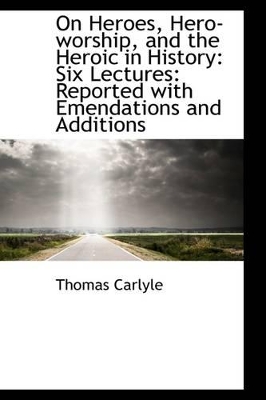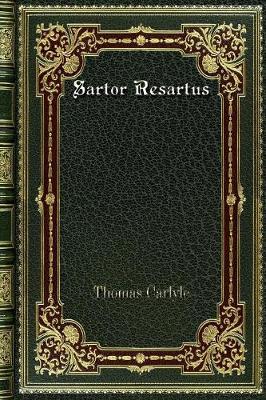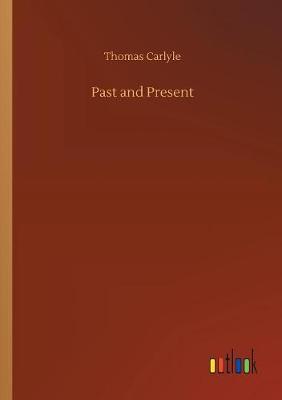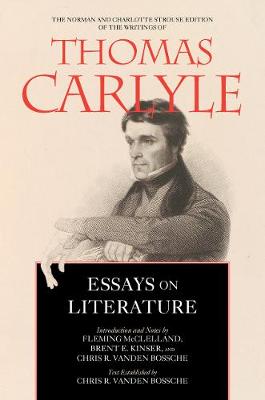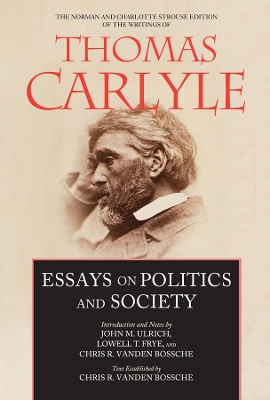The Norman and Charlotte Strouse Edition of the Writings of Thomas Carlyle
6 primary works
Book 1
The greatest and most enduring of the prophets of the Victorian era, Thomas Carlyle was prescient about the importance of heroism in defining a nation's ambition and character. First published in 1841, his On Heroes, Hero-Worship, and the Heroic in History established a foundation for historical studies that has lost none of its importance in an age of sports, photo-ops, and cable news.
From its first pages the book recognizes the intimate connections between heroism and myth. Beginning with the legends of Odin, lord of the Nordic gods, Carlyle describes major forms that heroism can take: in god, poet, warrior, priest, prophet, and king.
His emphasis on the great works of great men was circumscribed by Victorian presumptions. Women are seldom mentioned and little attention is given to the achievements of cooperation. But Carlyle cracked through these limits in the best way he knew: to assert that people have choices and to clarify the role that heroism plays in guiding and inspiring them.
Book 2
Book 3
They also exhibit his talent for analyzing the historical significance of seemingly minor events. He describes a plot to steal a diamond necklace in which Marie Antoinette became implicated, a visit of Whig sympathizers to the National Assembly during the French Revolution, and the kidnapping of two fifteenth-century German princes, one of whose descendents was Carlyle's contemporary Prince Albert. This volume, the third of the eight-volume Strouse Edition of Carlyle's works, includes a historical introduction and illustrations along with complete textual apparatus.
Book 4
Book 5
Essays on Literature
by Thomas Carlyle, Fleming McClelland, Brent E. Kinser, and Chris Ramon Vanden Bossche
Book 6
